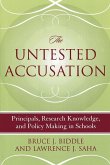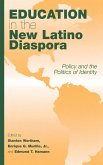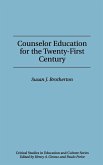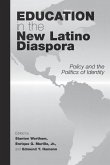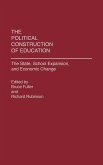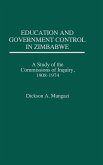This book begins by reviewing the many accusations that have been hurled at educational research over the years-statements claiming that its methods are flawed, that it is devalued by users, and that it has very little impact on policy. Such claims concern issues of fact, but, surprisingly, studies have not appeared that would support or challenge them. The authors then describe such a study and report its findings. They provide a conceptual model for thinking about the problem, review prior materials that are related to their topic, and provide details of their study that was based on interviews with 120 school principals in the United States and Australia. These interviews generated quantitative as well as qualitative data, and substantive chapters of the book provide access to both-the former often summarized in the form of graphs and other visual materials, the latter presented as extensive quotes using principals' own words. Major topics assessed during the study included: principals' reports about exposure to sources where research knowledge is portrayed; principals' attitudes concerning research knowledge and innovation in schools; the breadth and depth of research knowledge principals volunteer to talk about; principals' familiarity with preselected research topics; and the ways in which research knowledge is used in principals' schools. Findings from the study provide a direct challenge to repeated claims about the supposedly feckless character of educational research and its weak impact. In addition, they provide insights about conditions leading to greater use of research knowledge among principals and their schools, as well as how the use of that knowledge may vary depending on national context.
Hinweis: Dieser Artikel kann nur an eine deutsche Lieferadresse ausgeliefert werden.
Hinweis: Dieser Artikel kann nur an eine deutsche Lieferadresse ausgeliefert werden.


